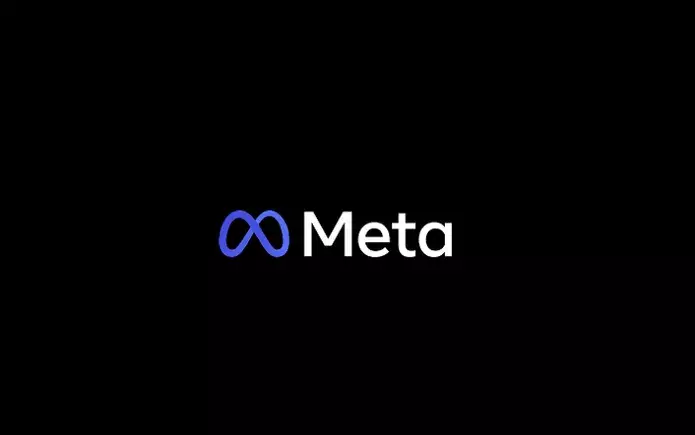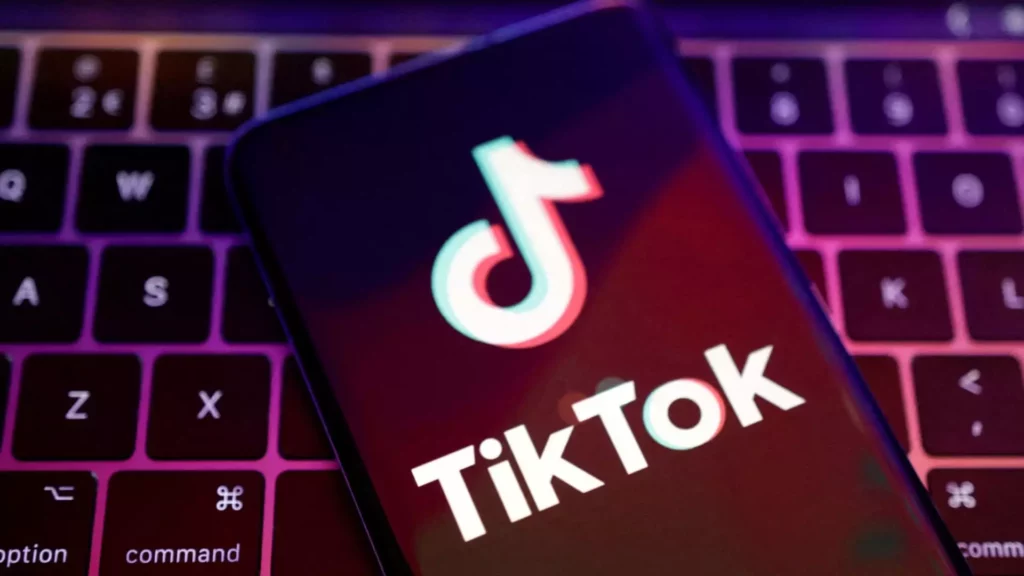Meta’s recent triumph in a pivotal lawsuit serves as a resounding wake-up call within the realm of cybersecurity. The case traces back to a 2019 incident with WhatsApp, where users were inadvertently targeted through compromised video calls. This breach, which allowed malware like Pegasus—developed by the NSO Group—to invade personal devices, exposes a disturbing vulnerability in our digital landscape. The ramifications of this case extend beyond mere financial reimbursements for Meta; it stands as a critical juncture, presenting a new paradigm in holding tech companies accountable for the inherent dangers posed by their products.
The Reality of Vulnerability
The chilling ease with which spyware can invade our devices reveals a fundamental truth: many individuals are blissfully unaware of the threats lurking in their pocket. What makes this situation even more troubling is the fact that these invasive attacks are often executed without any proactive engagement from the user. This situation urges a more pressing societal dialogue about digital vulnerability. The fact that a device can be transformed into a surveillance tool—complete with activated microphones and cameras—raises significant ethical concerns. As citizens who increasingly rely on technology, we must confront these breaches head-on, advocating for greater protection of our privacy.
Shifting the Narrative on Accountability
Meta’s litigation strategy, which targets NSO Group as the software creator rather than the individuals who deploy the technology for nefarious purposes, marks a potentially groundbreaking shift. Historically, software developers could sidestep accountability by insinuating their innovation serves legitimate aims. However, Meta’s approach defies this norm by exposing how such creations can be wielded as weapons against unsuspecting individuals. This shift presents an opportunity for a new legal framework that recognizes the culpability of developers in the context of malicious use. Consequently, this case may fundamentally alter the way the courts view technology’s role in society.
A New Era of Legal Precedent
The unprecedented decision made by the federal jury conveys more than Meta’s validation; it sets an intricate legal precedent moving forward. By taking a firm stance against NSO Group, Meta not only champions reparations but also champions systemic industry changes to deter future infractions. Imagine a future where tech firms consider ethical ramifications more judiciously, accounting for how their software may be exploited. Such shifts could create a ripple effect in the spyware market, encouraging other organizations to prioritize ethical considerations in their pursuits.
The Societal Implications Beyond the Courtroom
While the legal repercussions are vital, the implications of this case venture far beyond court battles. This legal victory signals a broader societal consciousness awakening to the threats posed by spyware. As we cultivate an awareness of digital risks, we arm ourselves with the knowledge to uphold our rights against invasive technology. This case encourages users to rethink their relationships with apps like WhatsApp, which now serve not merely as communication tools but as potential gateways to exploitation. Having high-profile cases like Meta versus NSO in the spotlight compels both industry stakeholders and everyday users to advocate for stronger safeguards against intrusive technologies.
The Rise of Ethical Software Development
As the implications of this landmark case unfold, we might be standing on the brink of a revolutionary moment for software development ethics. The potential for a surge in litigation targeting technology firms involved in spyware proliferation could encourage developers to adopt a defense-first philosophy when designing their products. With data privacy concerns rising, realignments in both grassroots activism and regulatory frameworks will further promote the idea that the tech industry must shoulder responsibility for misuse. This prospect demands that tech firms adopt a more robust ethical focus, navigating the delicate balance between innovation and invasion of privacy.
The Complexity of Data Security
Ultimately, we find ourselves in a complex landscape where the lines between innovation and ethical conduct are increasingly blurred. As litigation evolves along with user awareness, we must be prepared to rethink what constitutes ethical software development in this digital age. Developers can no longer rely on vague assertions regarding legitimate use. The onus is on them to demonstrate that they are not merely architects of technology but are also active participants in safeguarding the privacy and security of individuals. While the legal ramifications are enormous, the societal awareness and active advocacy that this case fosters may eventually prove to be the most significant outcome in the ongoing battle for digital rights.









Leave a Reply